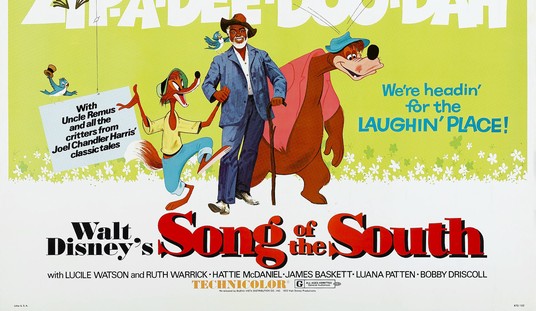Does practice really make perfect? Does it even lead to improvement? One feels instinctively that it should, that the more experience a physician has, the better for the patient. Much of the skill of diagnosis is pattern-recognition rather than complex intellectual detection, and it follows that the longer a physician has been at it, the quicker he will recognize what is wrong with his patients. He has experience of more cases than younger doctors to guide him.
But the practice of medicine is more than mere diagnosis. It often requires manual dexterity as well, and the ability to assimilate new information as advances are made. These may decline rather than improve with age. Too young a doctor is inexperienced; too old a doctor is past it.
A recent paper, whose first author comes from the Orwellianly named Department of Veterans’ Affairs Center for Health Equity Research and Promotion, examined the relationship between the years of an obstetrician’s experience and the rate of complications the women under his care experienced during childbirth. The authors examined the records of 6,705,311 deliveries by 5,175 obstetricians in Florida and New York. No one, I think, would criticize the authors for the smallness of their sample.
They examined the rate of serious complications such as infection, haemorrhage, thrombosis, and tear during or after delivery, divided by obstetrician according to his number of years of post-training experience. Reassuringly, and perhaps not surprisingly, experience reduced the number of such complications decade after decade. The rate of complications was 15 percent in the first ten years after residency; it declined by about 2 percent to 13 percent in the first decade thereafter, by about 1 percent in the subsequent decade to 12 percent, and by half a percent in the next. In other words, improvement continued, but less quickly as the obstetricians became more experienced; the authors appear not to have continued their study to the age at which the rate of complications started to rise again (if indeed there is such an age).
The authors drew attention to some limitations of their study. It might apply only to Florida and New York and not to other states, let alone to other countries. The complications were measured very crudely, with no way of estimating their severity. It is possible that maternal outcomes and neonatal ones were different and indeed opposite: that what was good for the mother was bad for the baby and vice versa. Personally I rather doubt it, but it cannot be excluded by these data.
Again, what might be true of obstetricians might not be true of histopathologists, colorectal surgeons, or all the host of other specialities (an ever-increasing number) that modern medicine has spawned.
There is an important problem that the paper does not mention but which it could give rise to — if similar research is done elsewhere across different fields, and turns up similar results.
Suppose it proved to be a general rule that every doctor is at his peak performance in his sixth decade, Will not every patient then want his or her doctor to be of that decade? It is obvious that such a desire could not possibly be complied with; and even if it could be, how would younger doctors get the experience to reach their peak in their sixth decade?
Of course, difference in age and experience is not the only cause of variation in doctors’ performance. Some are brilliant by natural ability, others less so. But the public does not necessarily react rationally when it learns of a statistical association. If research were published today that suggested that eating cilantro reduced the rate of cancer, it would be cleared out of the supermarkets first thing tomorrow.
*********
ASK DR. DALRYMPLE…
Do you have a question about health and medicine you’d like to see addressed? Click below to contact PJ Lifestyle.
images courtesy shutterstock / l i g h t p o e t












Join the conversation as a VIP Member